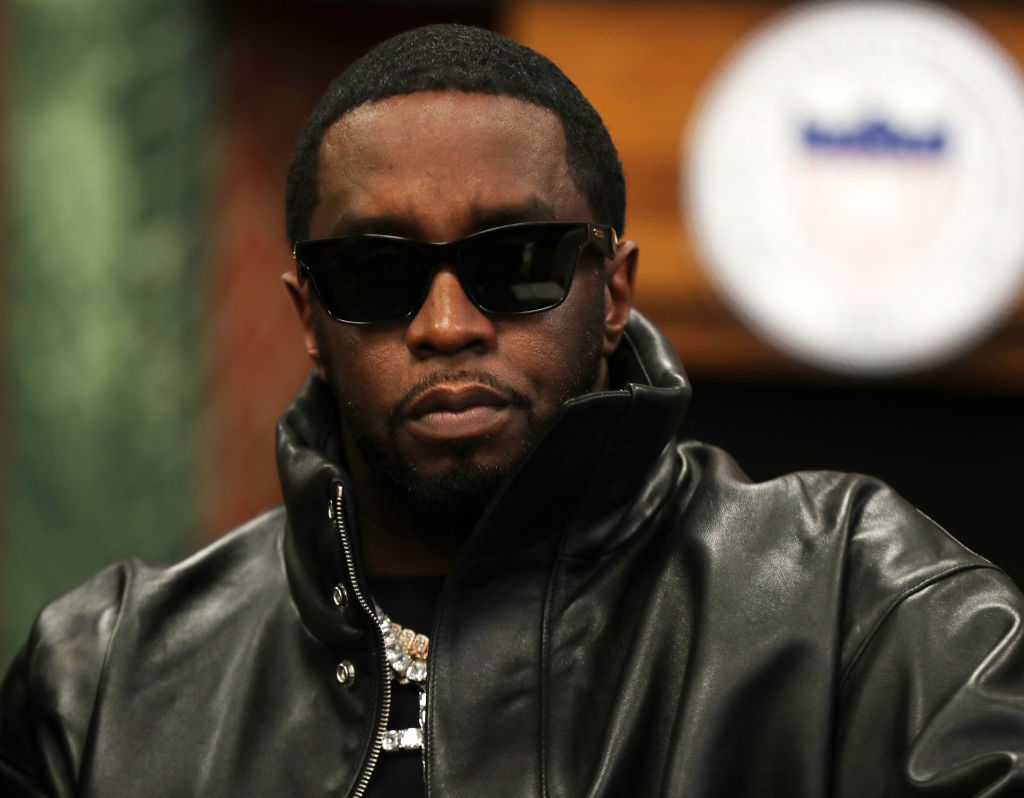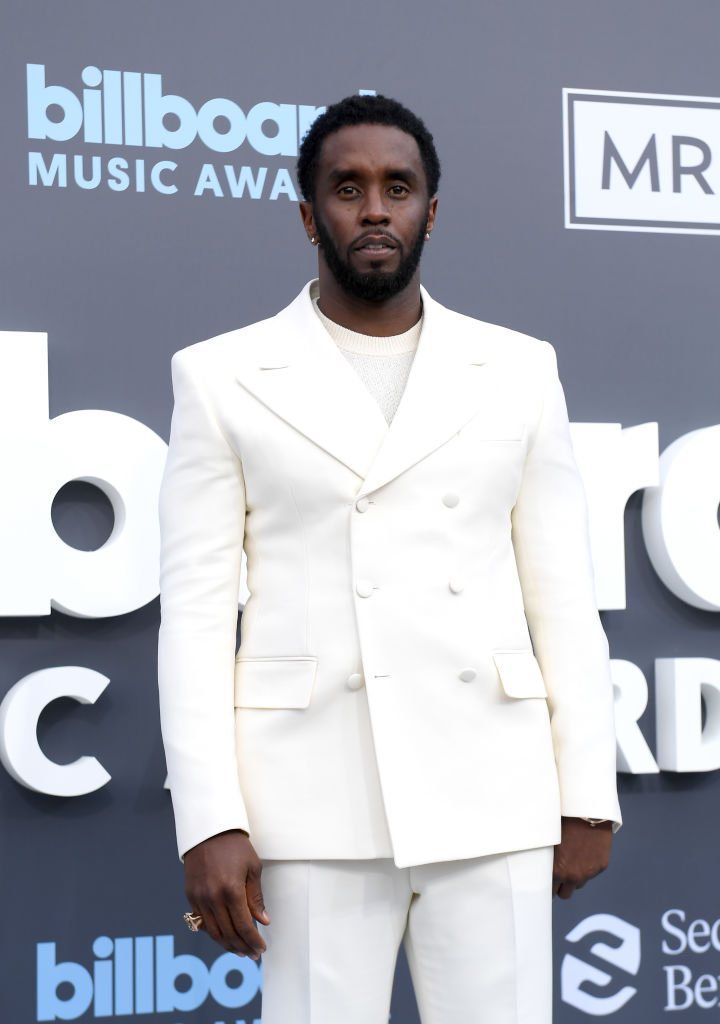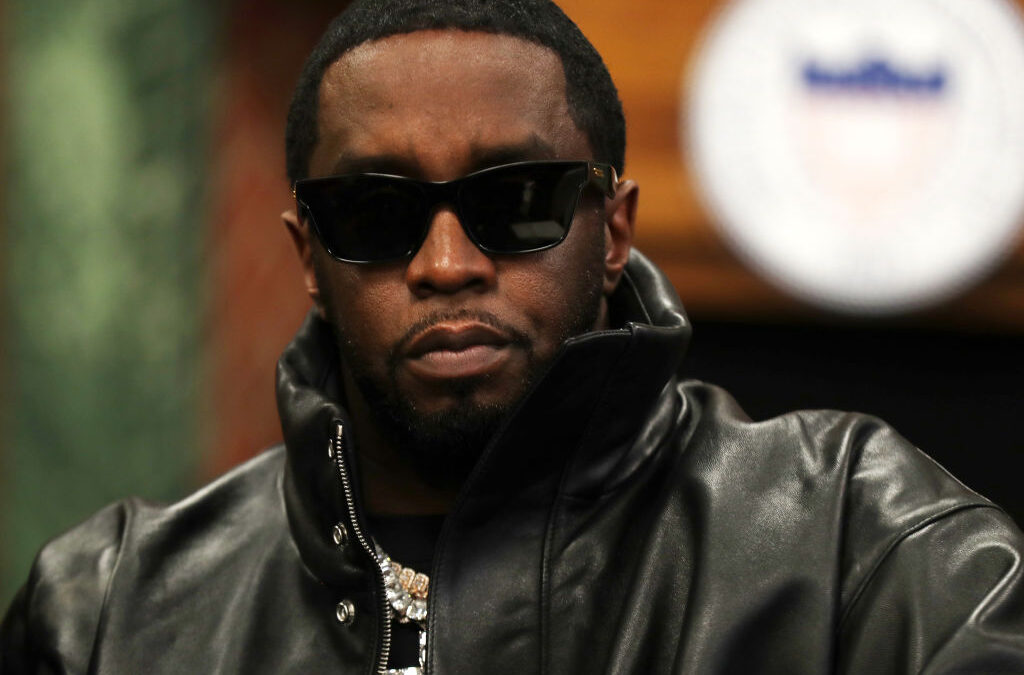‘Was Diddy corrupted by power? I asked those who knew him’
As the titan of ’90s rap goes on trial for sex trafficking, Yinka Bokinni speaks to some of those closest to Diddy at the height of his fame…
As told to Nikki Peach

The criminal trial of Sean Combs, otherwise known as P. Diddy, begins this month in New York City. He has pleaded not guilty to charges of sex trafficking, racketeering and transportation to engage in prostitution. His seven children are expected to support him in court. He also faces dozens of civil lawsuits alleging sexual assault and abuse over a 20-year period. Combs denies all allegations against him.
I was following this story long before I started working on my BBC Three documentary, P Diddy: The Rise and Fall. My interest piqued when Combs’ ex-girlfriend Cassandra Ventura, otherwise known as Cassie, filed a lawsuit against him alleging she was subjected to a pattern of control and abuse over about a decade – even more so when it was settled so quickly out of court (allegedly for an eight-figure sum). Then came the CCTV footage of Combs violently kicking and beating Ventura outside a hotel room from 2016, which he called ‘inexcusable’ in a social media apology the next day. Last September, he was arrested on criminal charges, and a mounting pile of civil allegations have followed.
In the film, it isn’t my job to tell you if he’s guilty or not guilty. It’s my job to ask: if this is possible. And if this happened, how did might it have happened? I grew up listening to Diddy’s music and like so many other fans, I put him on a pedestal.

I decided to come back to work to investigate the story after three months of maternity leave. At the start of the year, we flew to New York and LA to speak to people who had been in and around the Diddy machine – that included two of his former bodyguards, Gene Deal and Roger Bonds, as well as Mel Love and Precious Muir who had both worked with and known Diddy in the past.
From speaking to them, I got a sense that Combs is a remarkably charismatic, driven person. He keeps a tight circle, demands the best from himself and everyone around him. But in a lot of the conversations I had, one phrase came up a lot: ‘absolute power corrupts absolutely’. It seems in every aspect of his life, Combs liked to maintain control and often used his temper to do so. ‘He could go from one to 10 in a matter of seconds,’ Bonds told me in the documentary. ‘Diddy had a look and then Cassie would be quiet. […] When you have that type of power and implement that type of fear in a person then it’s hard to talk to them.’
Combs even once said himself, ‘I have different personalities, do you know what I mean? Nobody knows who’s coming down the stairs in the morning.’
He kept a distance even from those closest to him. There was a definite hierarchy, and it existed in his own team. Meeting his former head of security, Deal, who has a huge physical presence, I got a sense of how far this culture of intimidation stretched. ‘You ever heard of the song [‘Split Personality’]?’ he asked me. ‘“I got five people inside of me, trying to take over my body” Puff was like that. You have the solemn, down to earth, cool dude with his kids. You have the person who, if you don’t do what he says to do, as far as the business thing, he’s going to chop your head off. You have people he was generous to, and some people who he wouldn’t piss on if they were on fire.’
‘Nobody knows who’s coming down the stairs in the morning.’
From spending time with those who had been in his orbit, I got a sense that more people might come forward or speak out if Combs is convicted, but I also completely understand why they could be reluctant to do so now. The fear of being sued or blacklisted or facing negative repercussions is real. I appreciate people wanting to keep information to themselves, either forever, or at least until they feel safe. As Muir told me herself, ‘There are a lot of things that I would love to say, but because I fear the repercussions of what I could say, I have to hold back a little bit. I don’t know what could happen to me.’
Whatever happens in court, a period of reckoning is on its way in the music industry. It’s already changing – women feel empowered to call out bad behaviour and fans continue to hold celebrities and executives to account more than ever before.
Photo: Getty

